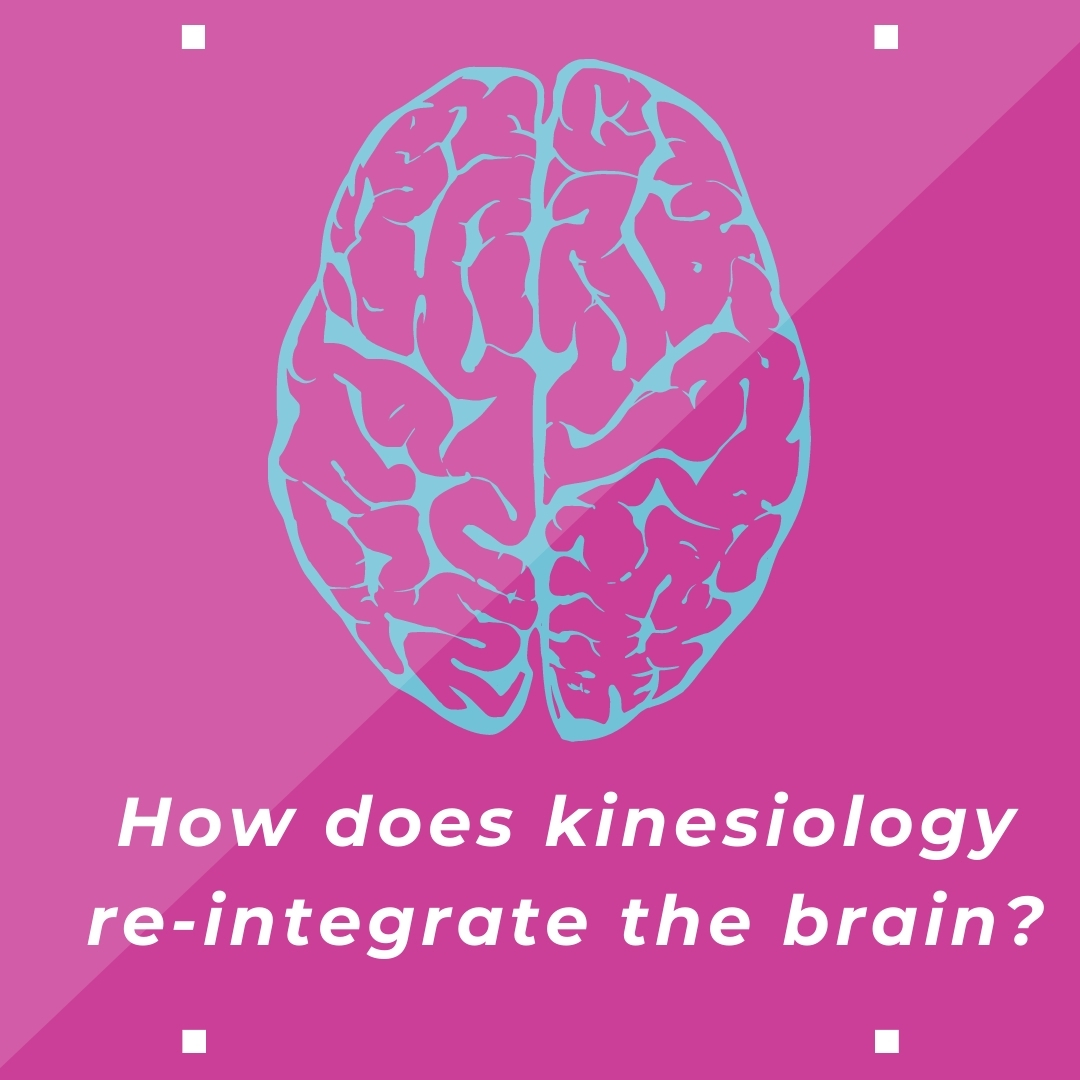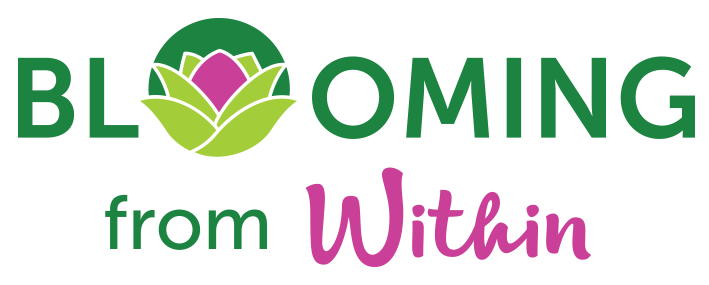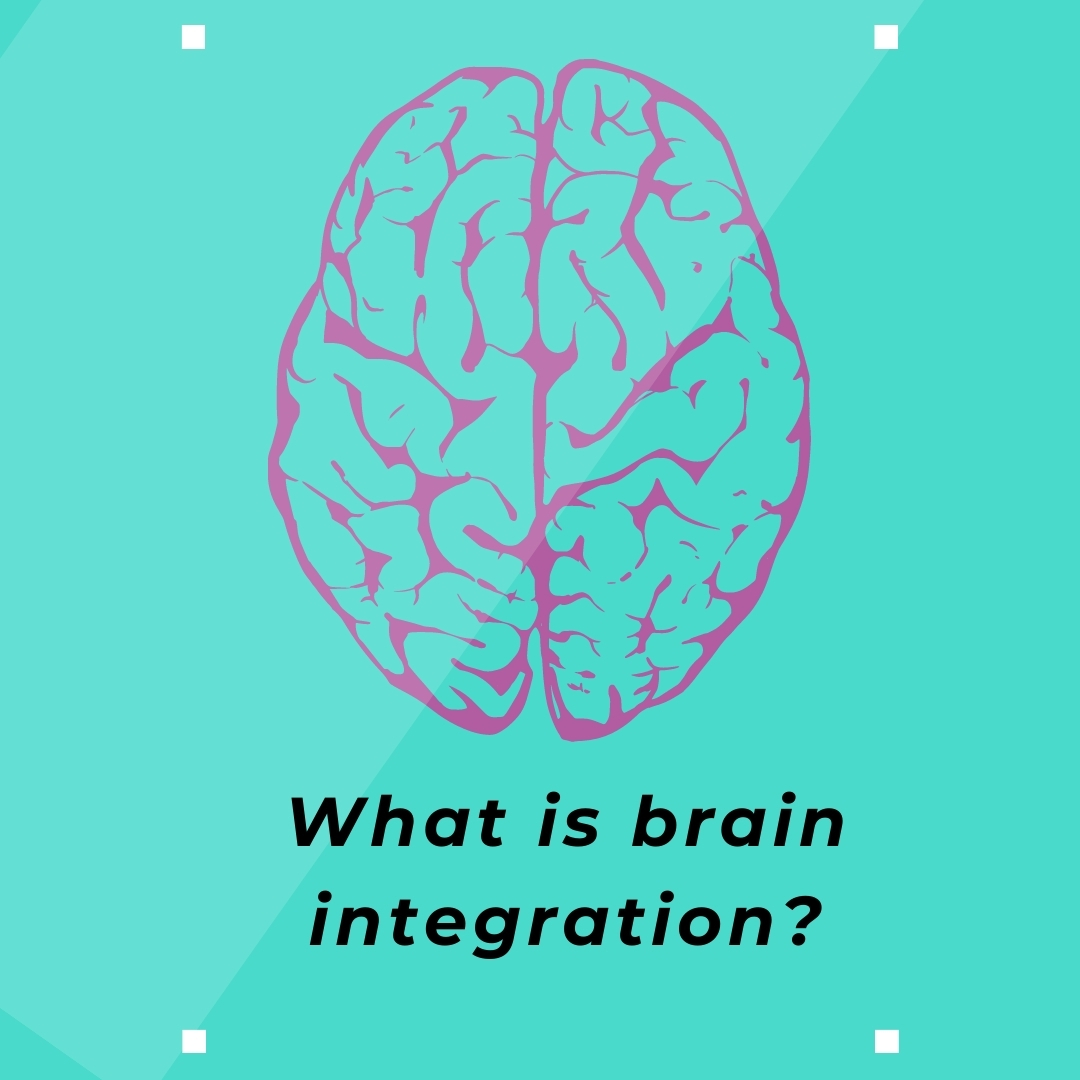Brain Integration
Learn more about how LEAP (Learning Enhancement Accupresure Protocols) techniques can improve your Brain Integration to enable you to process information quickly and clearly without needing to run a survival pattern. Learn how Karen can provide support your child who experiences learning and/or behavioural disorders and challenges.
What is Brain Integration?
Karen is a qualified LEAP (R) practitioner and explains the importance of our brain being able to import, process and respond to information effectively and efficiently. Brain Integration utilises the combination of neuro-kinesiology, light touch on acupressure points, and finger modes to activate stress defusion.
What is Brain Integration?
Karen is a qualified LEAP (R) practitioner and explains the importance of our brain being able to import, process and respond to information effectively and efficiently. Brain Integration utilises the combination of neuro-kinesiology, light touch on acupressure points, and finger modes to activate stress defusion.
When used in combinations called ‘formats’, the LEAP corrections enable improvement to the neural flow of information within the brain, without the need for medications or surgical corrections.
When our brains are integrated, we maximise our ability to receive, process and respond to our surrounding environments. When there is a loss of brain integration, we are not functioning at our optimum, and become reactive. In this state we activate our sympathetic nervous system and neurologically become defensive.
A session incorporating these techniques is a very calm, relaxing experience because the sub-conscious survival switches are dialled down or even turned off, enabling a client to return to the state of ‘rest and digest‘. In this state we can begin to heal.

How does a Brain Integration session work?
Kinesiology is a stress management modality that incorporates muscle monitoring to identify where you store stress. The muscle monitoring also checks where you activate subliminal and subconsciou programs that no longer serve you.
The use of Brain Integration ‘formats’ includes muscle monitoring to identify and priorityise sources of stress within the nervous system, neural network and brain.
These networks influence how we we remain calm in times of stress. The quality of integration within the networks dictates how well we remain balanced between our logic + emotions to learn and function in every day life.
Who developed the LEAP technique?
Dr Charles Krebs developed the Learning Enhancement Acupressure Protocol (LEAP) based on extensive clinical experience with children and adults who had moderate to severe specific learning difficulties.
LEAP originally focussed on learning challenges and quickly evolved to include components of brain integration that are vital to everyone’s ability to fundamental function at all levels, not just academic.
Life is all about learning. How well you are able to learn and integrate your life’s experiences determines to a large extent who you are and what you will do in your life.
What are the benefits of Brain Integration?
Individuals often report improvements in the following areas of their life:
- clearly interpreting and being able to respond to what you see or hear without reacting
- learning, memory and recall
- physical and emotional balance
- calmer more grounded children who naturally grow their resilience and confidence
- reading & writing
- clarity for decision-making
- relationships and
- mental health to name a few!
Who can benefit from Brain Integration?
Everyone can benefit from having great brain integration!
Karen works with children and adults to re-program their emotional and logical and pathways. This enables a client to embrace rational behavioural responses instead of running reactive and often destructive ones.
Re-activating correct pathways for data interpretation (such as sensory and motor) enables the individual parts of the brain to work together as a whole in an integrated way.
The defusion of stress and restoration of executive functioning skills enables us to make and retrieve positive memories.
Returning to a relaxed calm state is vital for learning in all times of our life. It’s also vital to have integrated brain function to be able to manage our behaviours or associated stress systems like anxiety, depression and even PTSD.
Brain Integration requires three things!
Brain Integration requires three things:
- access to specific brain functions
- ability to integrate these brain functions
- maintain integration of these functions under varying degrees of stress
Many of life’s tasks not only require access to specific brain functions, but the integration of these functions to successfully perform specific tasks (eg spelling, writing, memory) through to making effective decisions later in life.
Blocked integration or lack of access to specific functions may inhibit our ability to perform tasks that require those functions.
How many sessions do I need?
In an initial kinesiology session, Karen will establish how your basic foundational brain integration is performing.
Everyone can benefit enormously with at least an initial three sessions within a couple of weeks of each other. This enables you to connect with feeling calmer, feeling more energised within yourself, and improvements in your overall brain integration.
Certain learning challenges and diagnosed disorders require approximately 6-12 sessions to defuse stress within neural networks and subsequent behavioural patterns.
The timing of sessions is individual for everyone. Some require sessions close together initially to see dramatic improvement, others come monthly in-between visits to other professionals such as speech, behavioural optometry, and occupational therapists. Brain integration sessions often enhance the work you are completing with multi therapists.
Brain Integration is additionally beneficial for clients experiencing severe anxiety, PTSD, and depression.
It’s recommended that you book an extended session to kick start your process and maximise the amount of integration work that may need to be undertaken.
Who does Karen work with?
With the completion of her LEAP Practitioner studies, Karen now provides services for those who experience PTSD, anxiety, and learning disorders.
This can include conditions like dyslexia, sensory processing, autism, attention deficient disorder (hyperactivity – inattentive) and apraxia, to name a few.
Children with these conditions often have associated behavioural challenges due to their frustrations with miscommunication and deficits in understanding. Karen also supports every child with calm confidence and patience.
Contact to Discuss Your Situation & Needs
Contact Karen directly to discuss your specific requirements. We can discuss relevant previous assessments from Allied Health Service Providers.
Please note Karen’s services are not approved within the NDIS Funding Scheme.
Enter your contact details below and I will get in touch with you.

